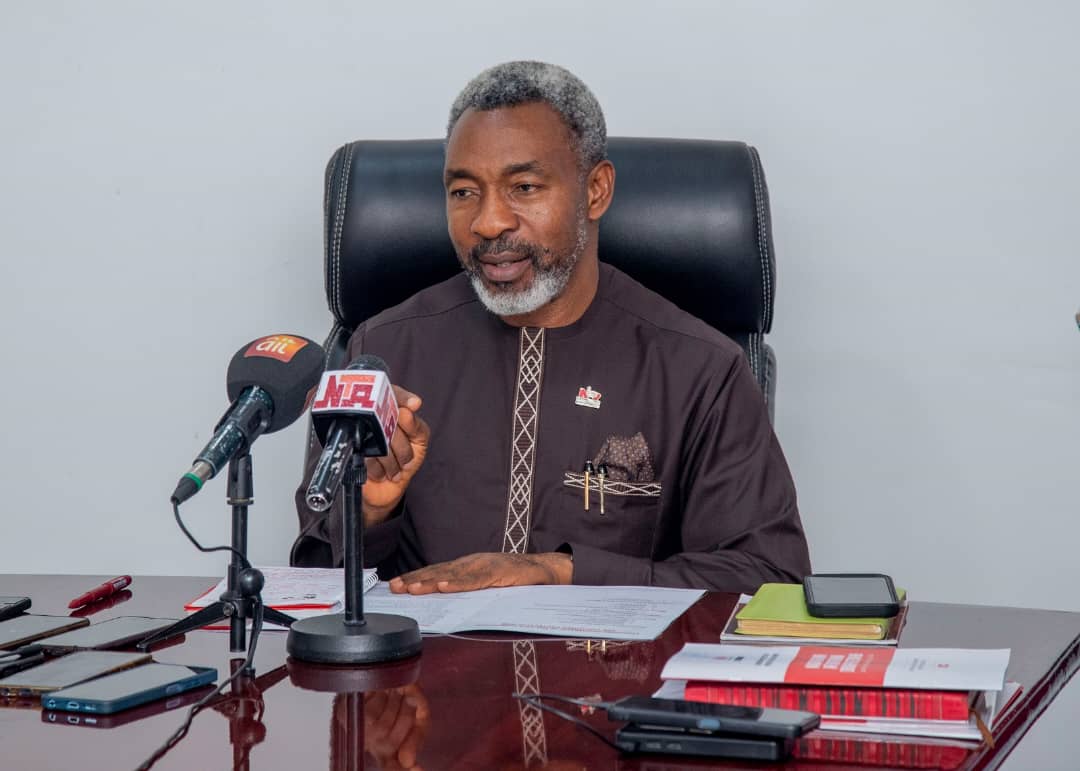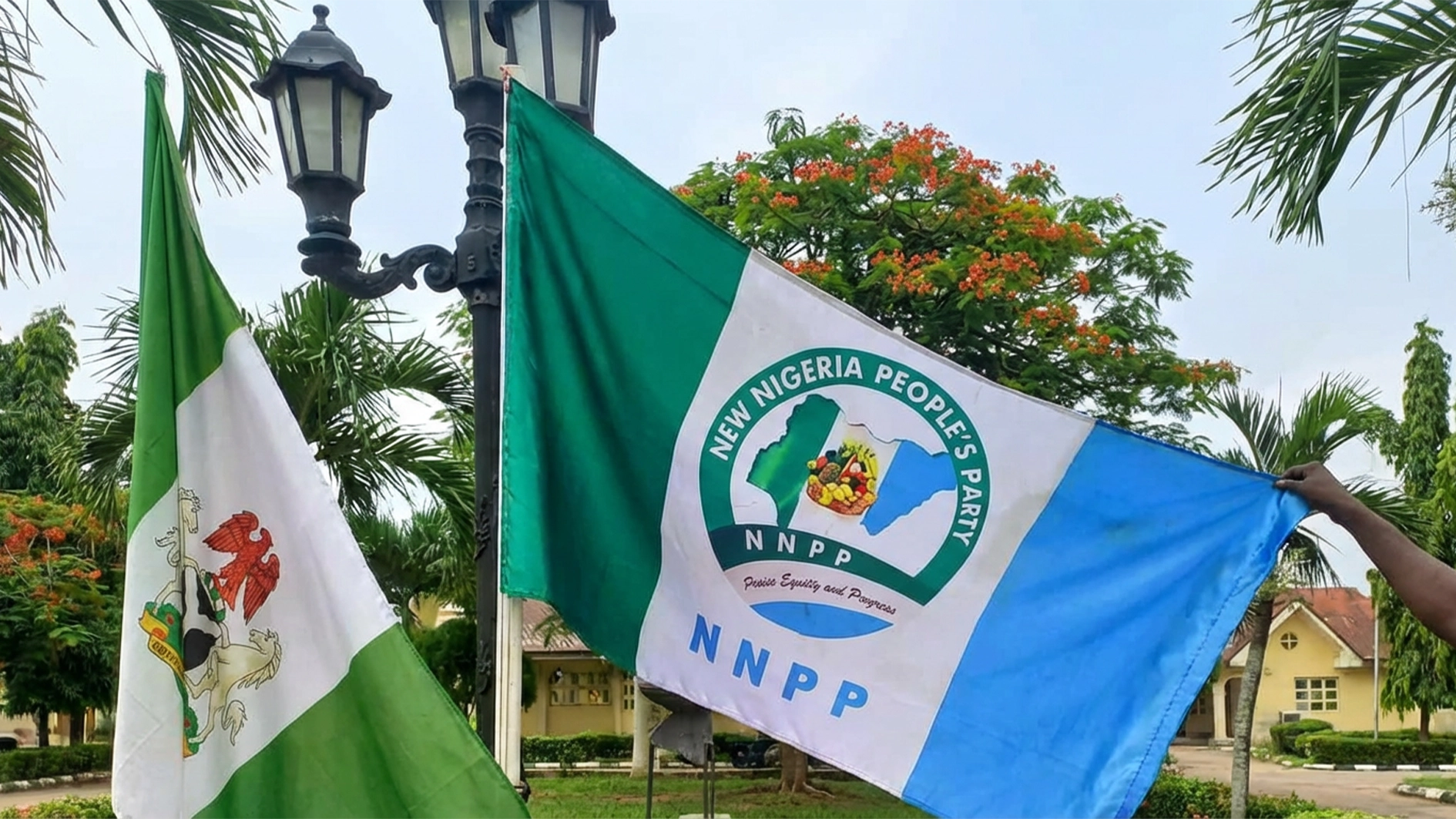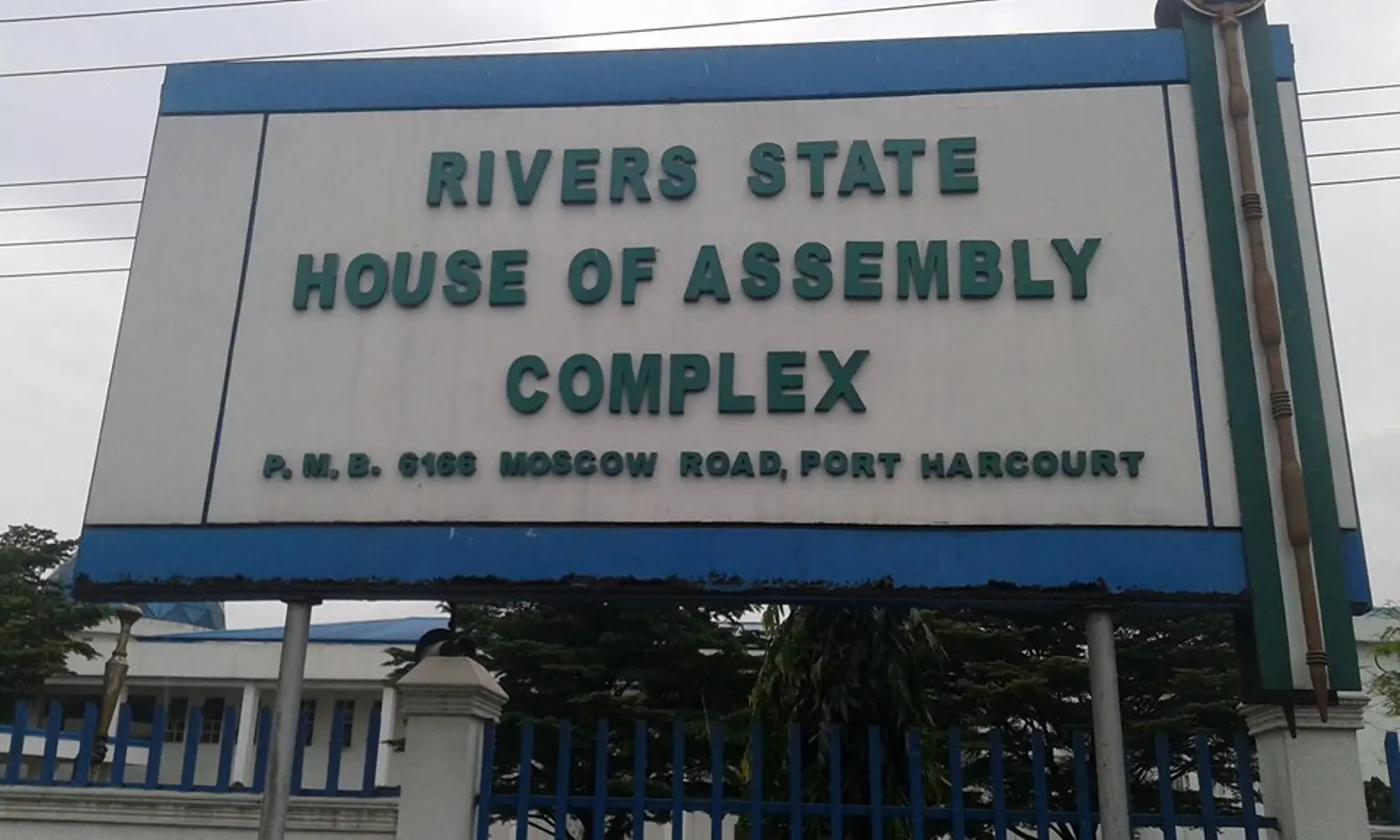
The President and Chairman of the Nigerian Institute of Public Relations (NIPR), Dr. Ike Neliaku, has described citizens’ attitudes towards corruption as a major challenge in the fight against the menace.
Alluding to the ongoing faceoff between the Economic and Financial Crimes Commission (EFCC) and the immediate past governor of Kogi State, Yahaya Bello, the NIPR boss said Nigerians have a penchant for hailing and defending corrupt leaders.
Neliaku stated this at the inauguration of members of the Institute’s Anti-Corruption and Consumer Protection Hub (ACCP-Hub) in Abuja.
The members are drawn from NIPR, EFCC, Independent Corrupt Practices and Other Offences Commission (ICPC), Federal Competition and Consumer Protection Commission (FCCPC), and the National Film and Video Censors Board (NFVCB).
Dr. Ahmad Sajoh, a Fellow of the Institute and a former Information Commissioner in Adamawa State, will chair the Hub, which, according to Neliaku, has a lifespan of 10 years to discharge its mandate.
He lamented that corruption had become entrenched in all aspects of Nigerian life, including academics, churches, mosques, and communities.
The NIPR President said: “We have corruption everywhere, and that has been part of the issue in academics today. Corruption has taken precedence, even in our churches and mosques; corruption has entered there. In our communities, corruption is present, basically in all parts of life; corruption is a big issue. Is it something that just this organization will do? The answer is no, which therefore means that there has to be another way to go about this. And that’s how NIPR felt, that we should come in. We need to design something else that they cannot do.
“Distinguished friends, if you attempt to evaluate the cost of corruption, you will be amazed at what this nation has lost to individuals who have held our nation hostage. And you know what is so painful? What is so painful is that citizens encourage corruption by hailing corrupt leaders, by going on television to defend their leaders when they are held. They call it persecution.
“I felt like weeping when I watched a character who said that the EFCC Chairman should be called to order because they are persecuting somebody instead of prosecuting the person. And I said, ‘What logic are we advancing here?’ It’s a simple matter. If you feel that you have nothing to hide, then go and present yourself.
“I can’t understand it. This means that something is wrong with the mindset. We have lost our value system; our attitudinal framework has collapsed. And you know the danger of building systems that become bad over time? Three things happen: first, some people may become confused that bad has become good; second, some people may tend to believe that the ideal thing is to be bad; and third, over a period of time, they now accept what is bad to represent what is good.”
The NIPR President explained that their ACCP Hub was established to promote ethical practices, transparency, and consumer rights in Nigeria.
The initiative, Neliaku said, is in collaboration with EFCC, ICPC, FCCPC, and NFVCB. “The Hub aims to address corruption, protect consumers, and uphold public interest through public relations and communication strategies.
“Among the objectives the ACCP Hub seeks to achieve are raising awareness about corruption and consumer rights through strategic communication, media campaigns, and public relations initiatives.
“It is also to develop the skills and competencies of public relations professionals and other stakeholders in effectively communicating and addressing issues of corruption and consumer protection.
“Equally, it is for supporting monitoring mechanisms and public reporting systems for anti-corruption measures and consumer protection efforts, ensuring accountability and justice.”
On his part, Sajoh urged members of the Hub to approach the assignment with the needed commitment.






